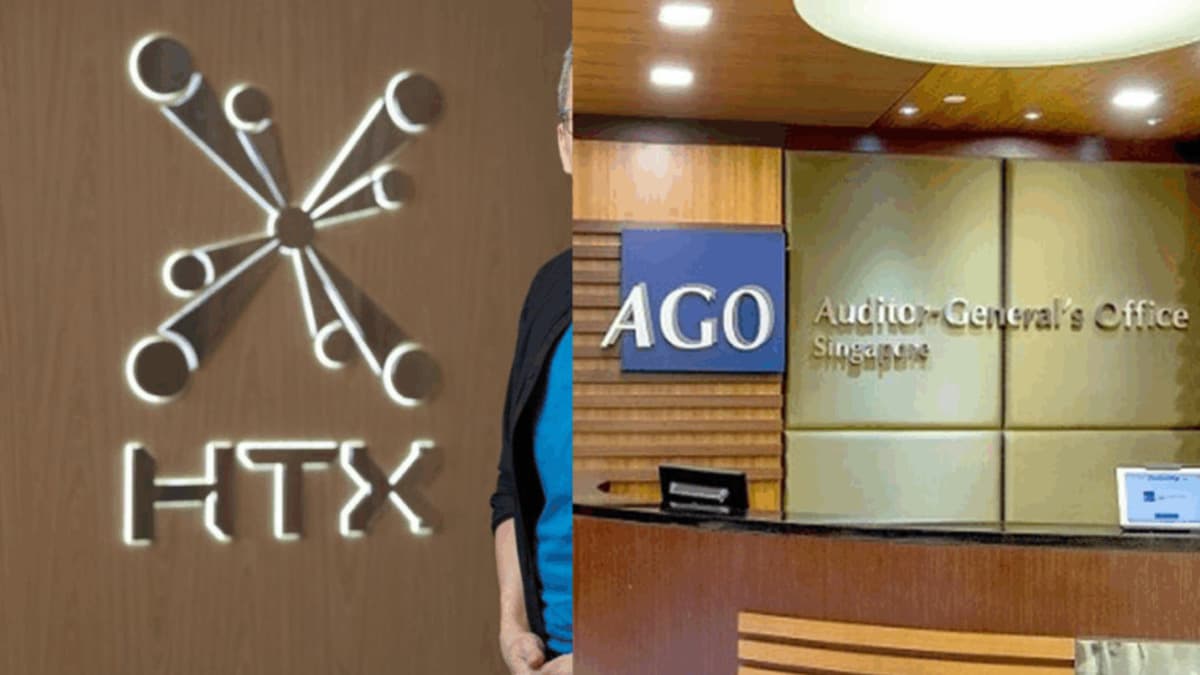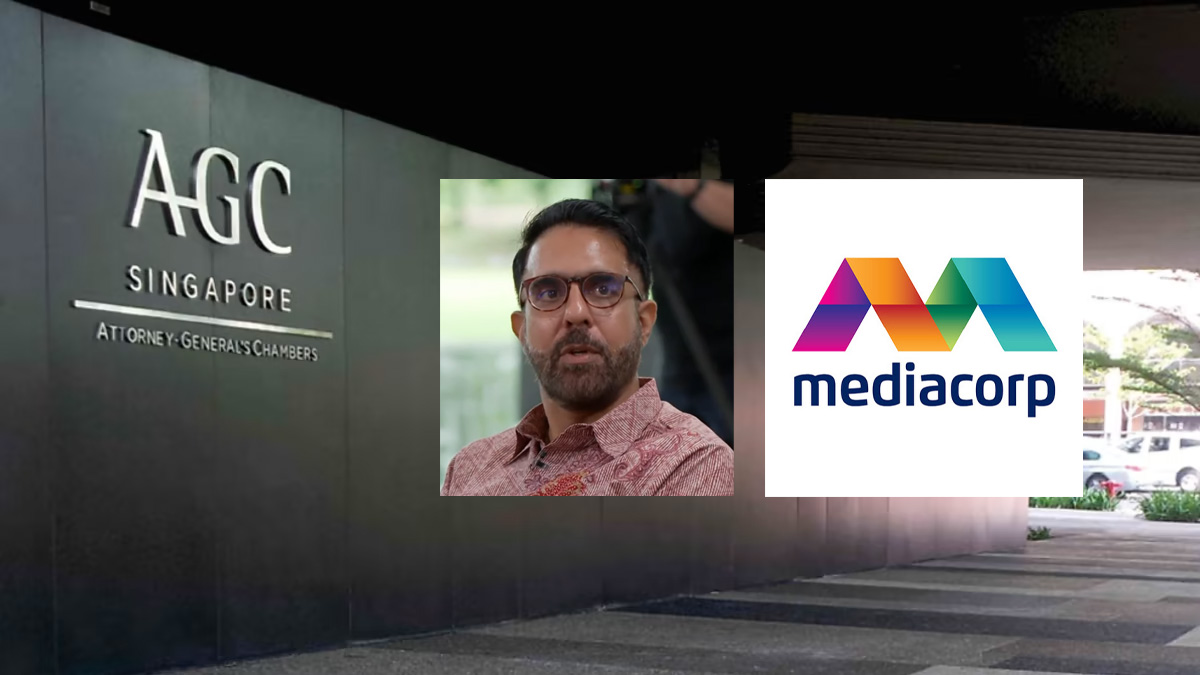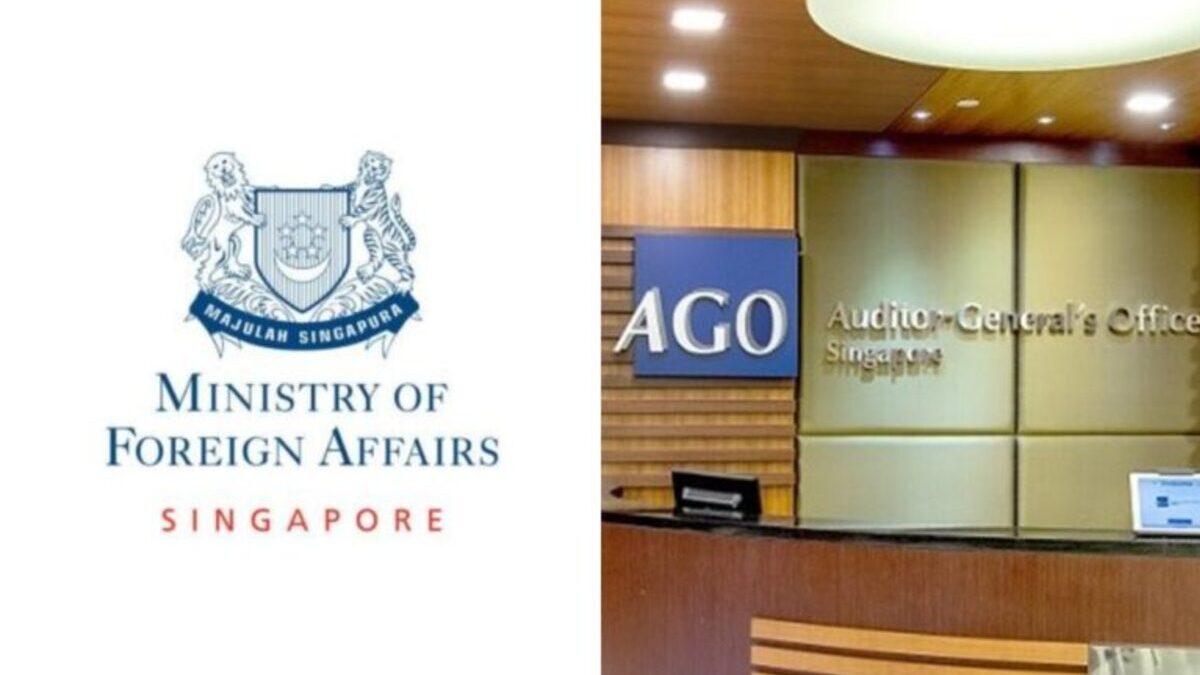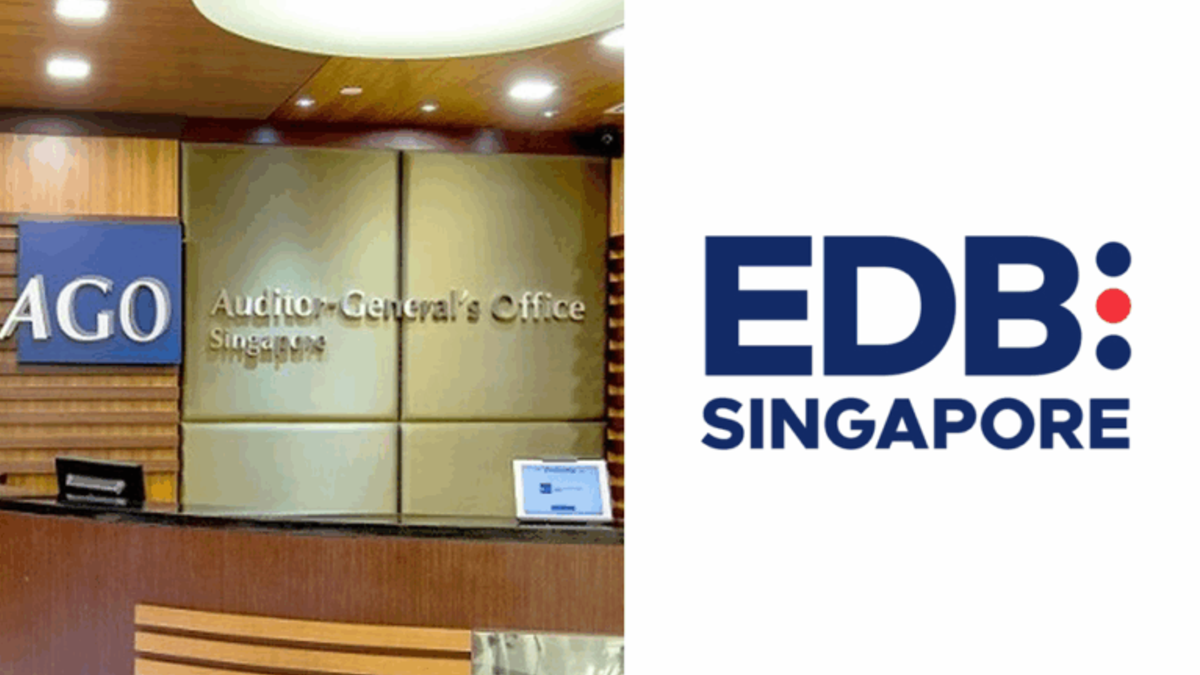AGO flags serious lapses in HTX’s S$13 million office renovation project
The Auditor-General’s Office (AGO) has uncovered major lapses in the Home Team Science and Technology Agency’s (HTX) management of a S$13.01 million office renovation project, including unauthorised works, weak cost validation, and invalid payments that could not be recovered.

- AGO audit found S$0.31 million in unauthorised works and S$0.28 million in costs without proper validation.
- HTX made invalid payments of S$0.15 million for unapproved variations that were never recovered.
- Contractor delays and poor defect rectification went unresolved for over a year before termination.
The Auditor-General’s Office (AGO) has identified significant lapses in the Home Team Science and Technology Agency’s (HTX) management of a S$13.01 million office renovation project, raising concerns over procurement discipline, financial oversight, and accountability.
The findings were published in AGO’s report for Financial Year 2024/25, released on 9 September 2025.
HTX’s role and responsibilities
HTX, a statutory board under the Ministry of Home Affairs (MHA), was established in 2019 to develop scientific and technological capabilities supporting the Home Team’s operations. It focuses on fields including forensics, robotics, and chemical, biological, radiological, nuclear, and explosives (CBRNE) defence.
Despite engaging a consultant to manage the office renovation, AGO found that HTX failed in several key areas of governance and remained ultimately responsible for safeguarding public funds.
Unauthorised works and weak cost validation
Among the most serious lapses identified were renovation works valued at S$0.31 million that began without approval.
In three cases, HTX allowed variation works to start before the approving authority had reviewed or accepted the proposed changes. Cost estimates were only submitted after the works had already commenced.
AGO stated that this practice “undermined the role of the approving authority” and reflected a breakdown in internal controls, compromising cost validation and financial accountability.
In addition, HTX’s consultant relied on quotations from subcontractors tied to the main contractor, rather than sourcing from independent third parties. This approach, used for ten star rate items worth S$0.25 million, failed to ensure cost reasonableness.
Another S$0.13 million in variations either lacked cost assessments or had no supporting documentation. In total, AGO found S$0.28 million in costs that were not properly validated.
Invalid payments and unrecoverable overcharges
AGO also found that HTX made payments amounting to S$0.15 million for two variation claims that had not been officially ordered or approved. These payments were made despite the absence of formal instructions.
Although corrections were later issued by the consultant, HTX was unable to recover the funds after the contractor went into liquidation.
The audit also uncovered S$0.02 million in certification errors across four other variation claims, suggesting that HTX and its consultant did not perform sufficient checks before authorising payments.
AGO noted that HTX’s sampling checks excluded these cases even though they made up 58 per cent of the total variation value.
Delayed termination despite prolonged failures
HTX’s management of contractor performance also drew scrutiny. Despite repeated failures by the contractor to complete outstanding works or rectify defects after substantial completion in September 2023, HTX only terminated the contract in January 2025—over a year later.
AGO said this delay allowed unresolved defects and incomplete works to persist. HTX explained that it had conducted due diligence before termination but could not provide documentation of internal discussions or decisions during that period.
HTX’s response and planned improvements
In response, HTX acknowledged the lapses and pledged to enhance its project governance and financial controls.
The agency said it will expand the scope of its sampling checks, improve documentation of decisions, and strengthen the monitoring of consultants and contractors.
The AGO reiterated that engaging external consultants does not absolve statutory boards of accountability. It emphasised that HTX, as the contracting authority, remains “overall responsible” for contract outcomes and the proper use of public funds.
AGO concluded that the lapses reflect weaknesses in oversight and internal control that must be addressed to ensure transparent and accountable management of government projects.











